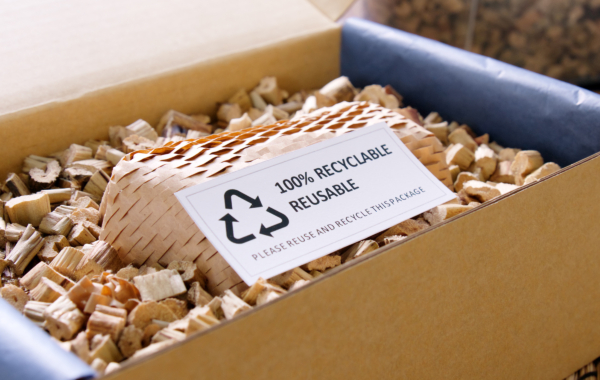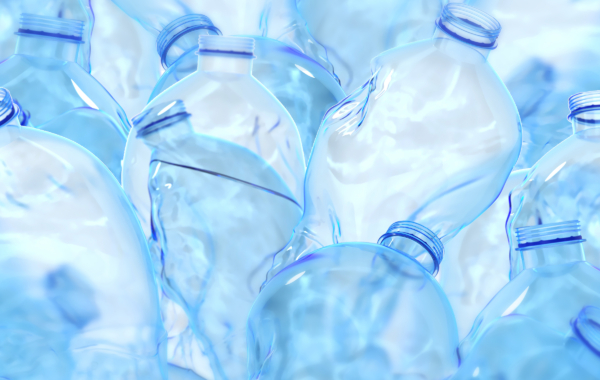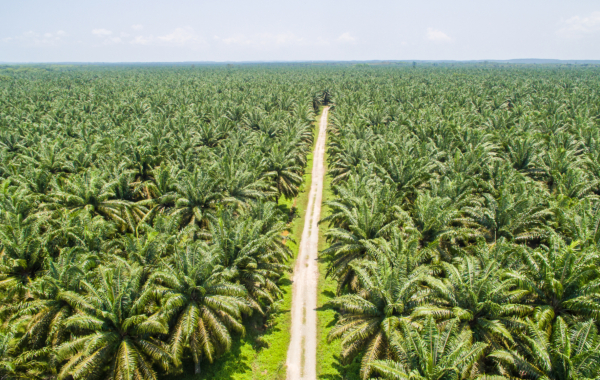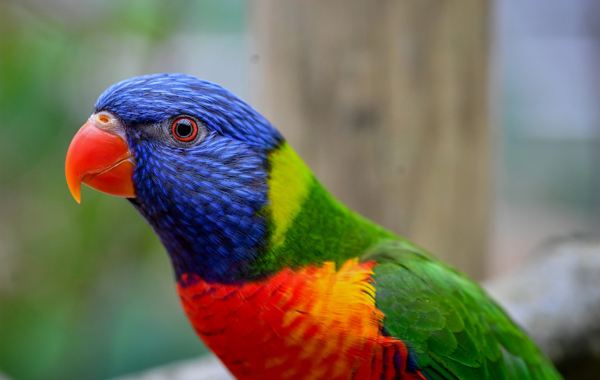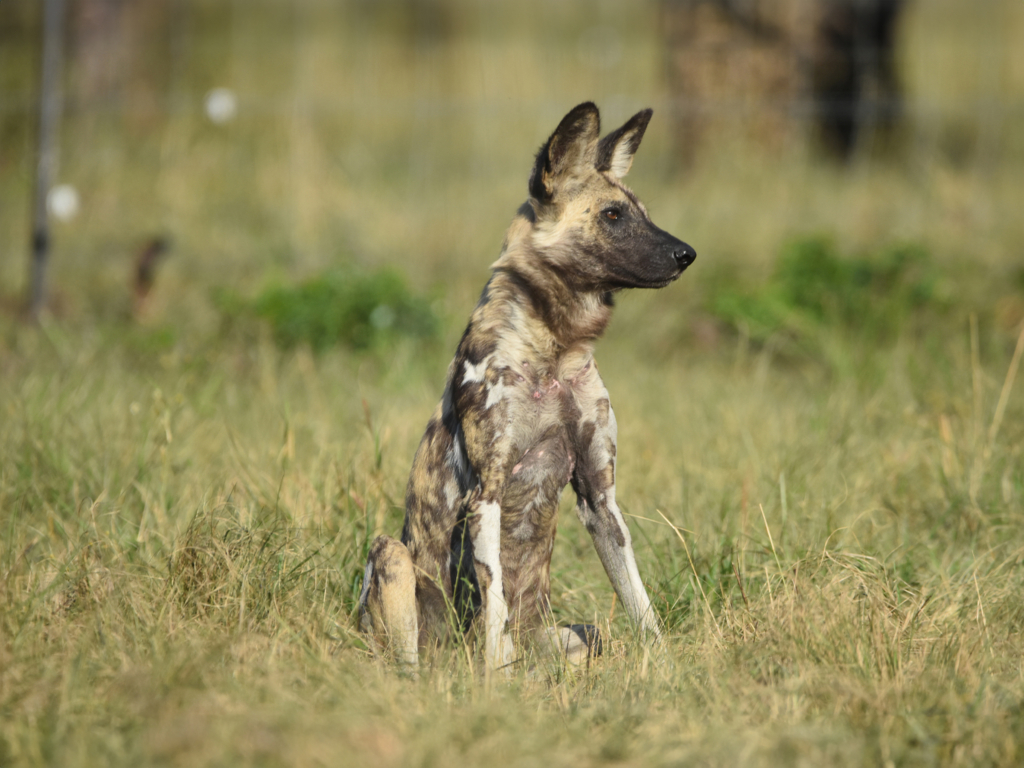We have a range of different policies in place to help lower our carbon footprint and help to protect wildlife and wild places.
Sustainability policies
Find out more about some of the policies we have in place below:
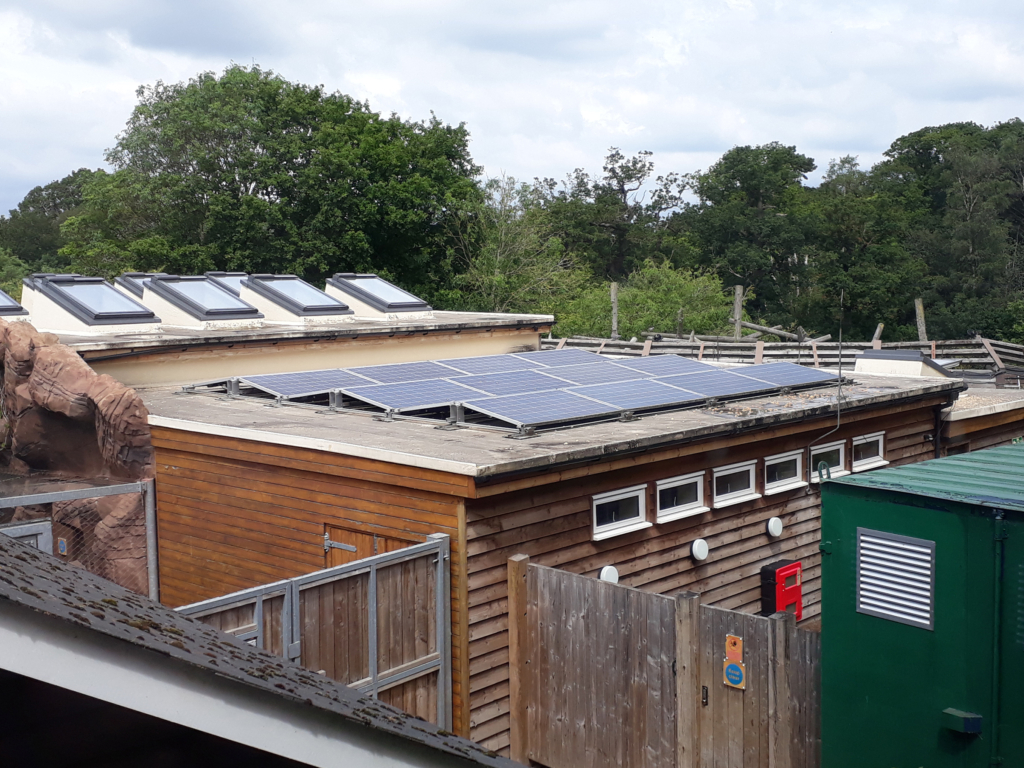
Energy Efficient
In order for Colchester Zoo to become more self-sufficient, a number of biomass boilers have been installed to help reduce our carbon emissions. These boilers run on pellets which are made from compressed sawdust shavings, left over from the wood industry. This energy source has a much lower carbon footprint because the emissions are the same as the plant can absorb over its lifetime, it makes it much more eco-friendly than burning fossil fuels. You can see an example of one of these boilers at our ‘Feathers of the Forest’ exhibit.
These biomass pellet boilers are at various points around the zoo and are used to heat animal enclosures, buildings and offices. We are also registered as a self-supplier with BSL, supplying all our own fuel for one of our boilers using recycled wood from around the zoo.
We also have installed solar panelling situated at two animal enclosures, which are used to heat and light the buildings; these also help to reduce our energy output.
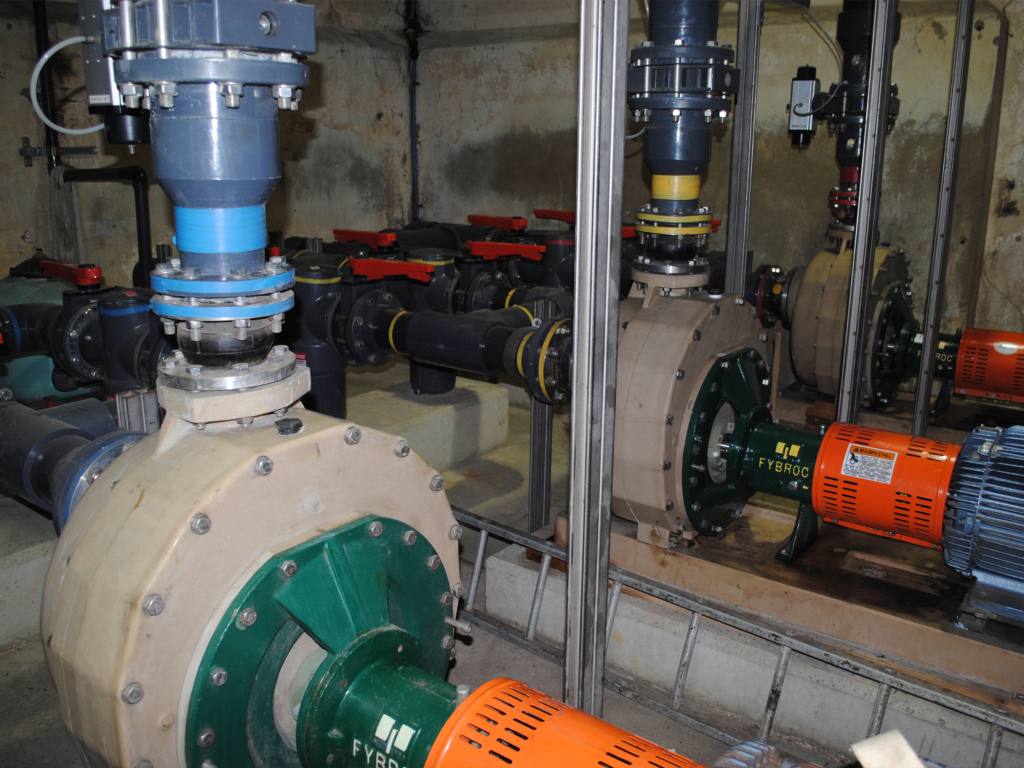
Water Conservation
As well as creating our own energy, Colchester Zoo continues to look into how we conserve more water. We currently collect rainwater through water butts and roofs as well using natural water filtration systems where possible through reed bed systems. We also use grey water for hosing down exhibits and toilet flushing.
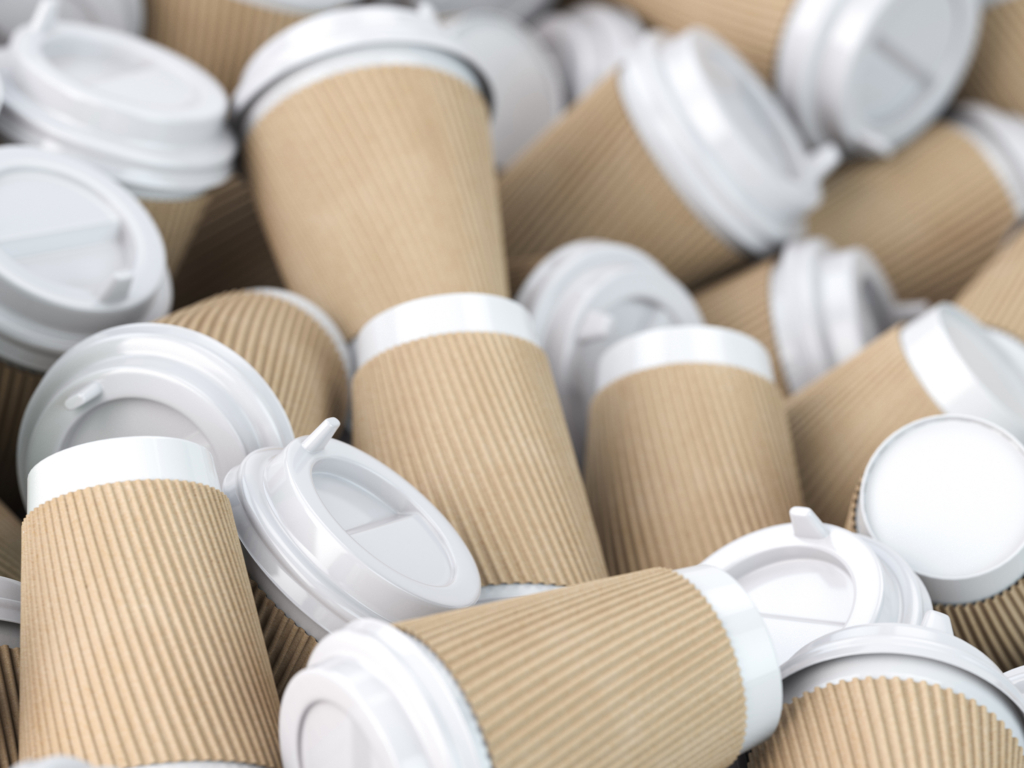
Waste Reduction
For many years, we have worked to reduce the waste produced via our visitors and recycle the contents of our bins. We are now also working to reduce our contribution to landfill.
After sorting for recycling, our waste is now going to produce energy-from-waste, where the waste is burnt at high temperatures to reduce its volume and to create heat energy which is then converted into electrical power.
In waste to energy technologies, nearly all of the carbon content in the waste is emitted as carbon dioxide to the atmosphere. If the waste went to landfill, the amount of methane generated via decomposition of the biodegradable part of the waste would have a higher global warming potential than the carbon dioxide produced by this combustion.
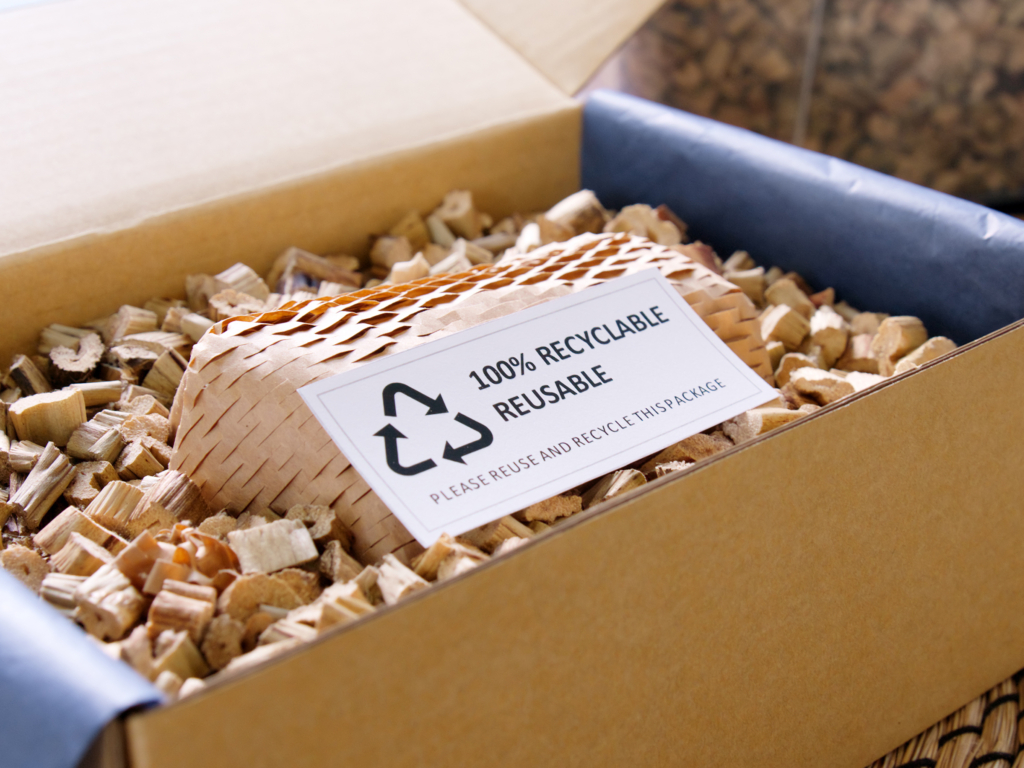
Responsible Packaging
All our food is sourced as locally as possible and we work to ensure that our ingredients do not conflict with any of our conservation policies.
Our fresh brewed, full bean coffee is certified by the Rainforest Alliance which ensures rigorous standards that conserve biodiversity and sustainability as well as our coffee and hot chocolate being fair trade. Many ingredients are also Red Tractor assured.
We are committed to all of our food and Ice Cream products across Catering, Retail and Sweet Shop being either palm oil free or RSPO approved. Every product we sell has been verified and we hold certification on file.
We have now introduced paper straws as well as Birchwood cutlery in all our Catering outlets. We have also introduced Wooden ice cream spoons.
All catering facilities within the Zoo also add 5p on to the cost of each hot drink purchased in a paper cup in an attempt to further encourage customers to bring in a reusable cup and reduce waste. This charge is then donated to our charity Action for the Wild to help fund conservation projects world wide.
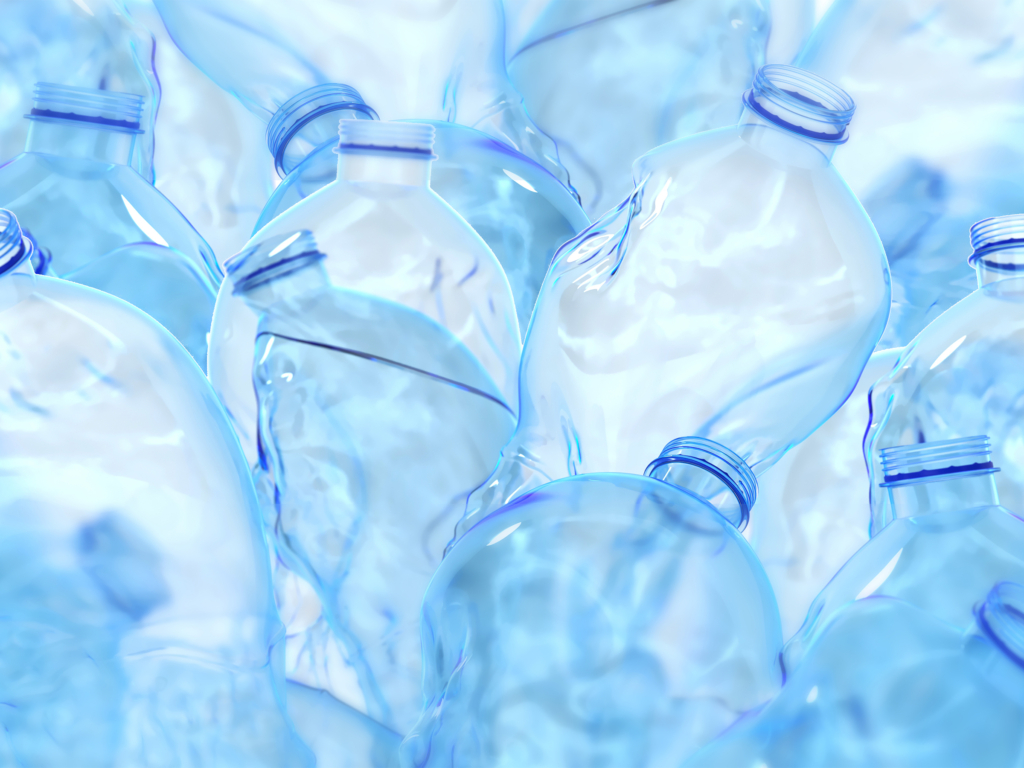
Single-use Plastic Reduction
Recognising the detrimental effect of high levels of plastic waste in our oceans and the wider environment, members of the British and Irish Association of Zoos and Aquariums (BIAZA) have committed to do what they can to address this major environmental concern. Colchester Zoo has signed a pledge to reduce the levels of plastic being used on our premises and to encourage staff and visitors to commit to reducing single-use plastic in their everyday lives:
– To work to reduce wherever possible the level of plastic within our site in a manner that is appropriate for our location and situation
– To work with members of the public to increase awareness of the situation surrounding the level of plastic in our environment and contribute to positive behaviour change to reduce those levels
– To work with their staff to increase awareness of the situation and contribute to positive behaviour change to reduce levels of plastic.

